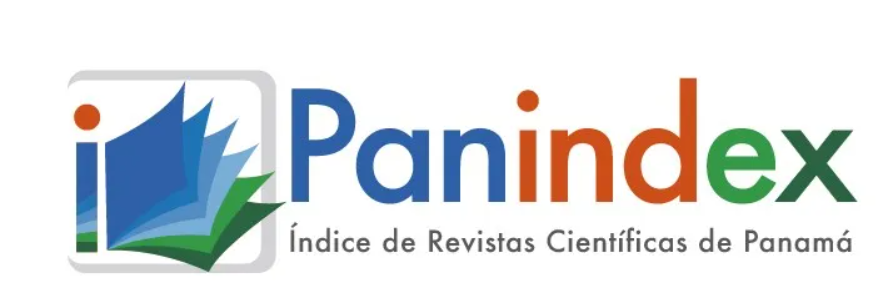The content of the publications and the links suggested in them are the sole responsibility of the authors and not of the METROPOLITAN UNIVERSITY OF EDUCATION, SCIENCE AND TECHNOLOGY (UMECIT) or CATHEDRA magazine. They are protected by international copyright laws just as the UMECIT and CATHEDRA logos, hence their reproduction is totally prohibited
This work is licensed under a Creative Commons Attribution-NonCommercial-NoDerivatives 4.0 International License.
The authors maintain the copyright and transfer the right of the first publication to the journal, with the article registered with Creative Commons Attribution-NonCommercial-NoDerivatives License, which allow others They can download the works published in this magazine and share them with other people, as long as their authorship is recognized, but they cannot be changed in any way nor can they be used commercially.
Authors are recommended to include their work in social networks such as Researchgate and institutional repositories once the article or visible fact has been published on the journal page, without forgetting to include the digital document identifier and the name of the journal.



Abstract
The current law in Panama comprehensively regulates and protects victims of domestic violence, specifically women, from a gender perspective. As is well known, women are victims of countless forms of abuse and violations of their human rights simply for being women, and this circumstance puts them at a disadvantage within their homes and in society. It is also sought, through a thorough explanation, to clarify the origin of existing laws, the path taken to arrive at the current laws, and the routes to obtaining these rights. With this in mind, a brief discussion will be provided to determine whether these laws are effective or not at the time a victim requests their application and whether they are of such a hierarchy that potential aggressors or recipients of the law feel obligated to respect women in their full capacity as human beings entitled to fundamental human rights, otherwise they may be subject to the sanctions provided for therein. In such a case, it is important to determine whether such sanctions, whether criminal, monetary, or administrative, constitute a true form of justice and reparation for the victim or, on the contrary, whether such sanctions are merely palliative measures to justify the issuance of the regulations.
Keywords
References
Guerra, Silvio. Derecho Procesal Punitivo El Modelo Acuatorio. Ediciones Jurídicas Axel. Panamá, 2016.
Osorio, Manuel. Diccionario de Ciencias Jurídicas, Políticas y Sociales. Editorial Heliasta. Argentina, 1994.
Osorio Montoya, Rodrigo Orlando. Feminicidio. Universidad Católica Luis Amago. Medellin, 2017.
Vega Girald, Alejandro, Justicia Constitucional y democracia: La independencia judicial y el argumetno mayoritario. Cuadernos de Ciencias Políticas. No.10 Universidad EAFIT- Departamento de Gobierno y Ciencias Políticas. Medellín, 2019.
Villavicencio, Luis. La violencia de género como opresión estructural. Pontificia Universidad Católica de Chile. Revista Chilena de Derecho, 42(2), 2018.
Downloads
Publication Facts
Reviewer profiles N/A
Author statements
- Academic society
- Universidad Metropolitana de Educación, Ciencia y Tecnología
- Publisher
- Universidad Metropolitana de Educación, Ciencia y Tecnología




















